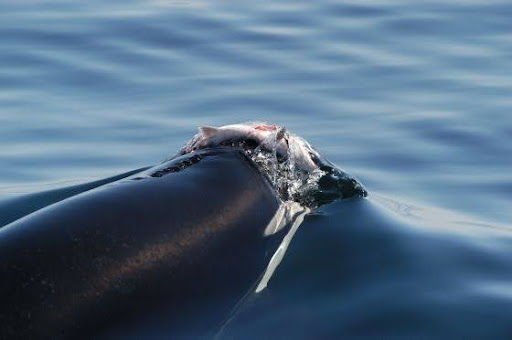Orcas wear hats too: Trends that have spread throughout orca populations
- Phoebe Tjandra
- Apr 24, 2024
- 2 min read
You may have recently heard of the reports of orcas around Europe ramming sail boats and breaking off their rudders, often damaging them and even managing to sink three of them. Experts even believe that calves were being taught this behaviour. But this isn’t something new, there have been around 500 reports of some pods of orcas performing this behaviour since 2020, not local to just Europe, but with reports even in Sri Lanka. They injure themselves in the process and no one really knows why they do this, considering that orcas are not known to kill people (at least in the wild at least). But people have been speculating, and there are many theories that range from enacting revenge on people to just doing it for fun. This isn’t the only strange behaviour that orcas have been seen doing, and there are trends that they like to participate in for seemingly no reason.
Probably the most famous example is the salmon hats of 1987. In 1987, an orca in the northeast Pacific was seen carrying a dead salmon on her nose. Over the next month and a half, this trend spread to other members of her pod, and to two other pods of orcas before fading out. Over the following months, a few orcas were seen displaying this behaviour before it disappeared and was never really seen again.

An orca with a salmon hat - the trend appearing once again in 2004:
Another more long lasting trend seen in the Salish Sea is being cruel to porpoises, harassing them sometimes to death, but not eating them. This is a behaviour that has been recorded since the 1970s and has been seen increasingly frequently since with no clear reason why. This trend is mainly performed by adult females or adolescents, beginning in one pod but which has since spread to the entire Southern Resident community of orcas.

An orca killing a porpoise
So like humans, orcas have trends. And more interestingly, these trends are prevalent in specific sexes and age groups. They may spread “horizontally” through the same age or sex group, or “vertically” through generations. Orcas are incredibly intelligent and social creatures, giving them the ability to be cruel and to also do silly things, just like people.
Comments